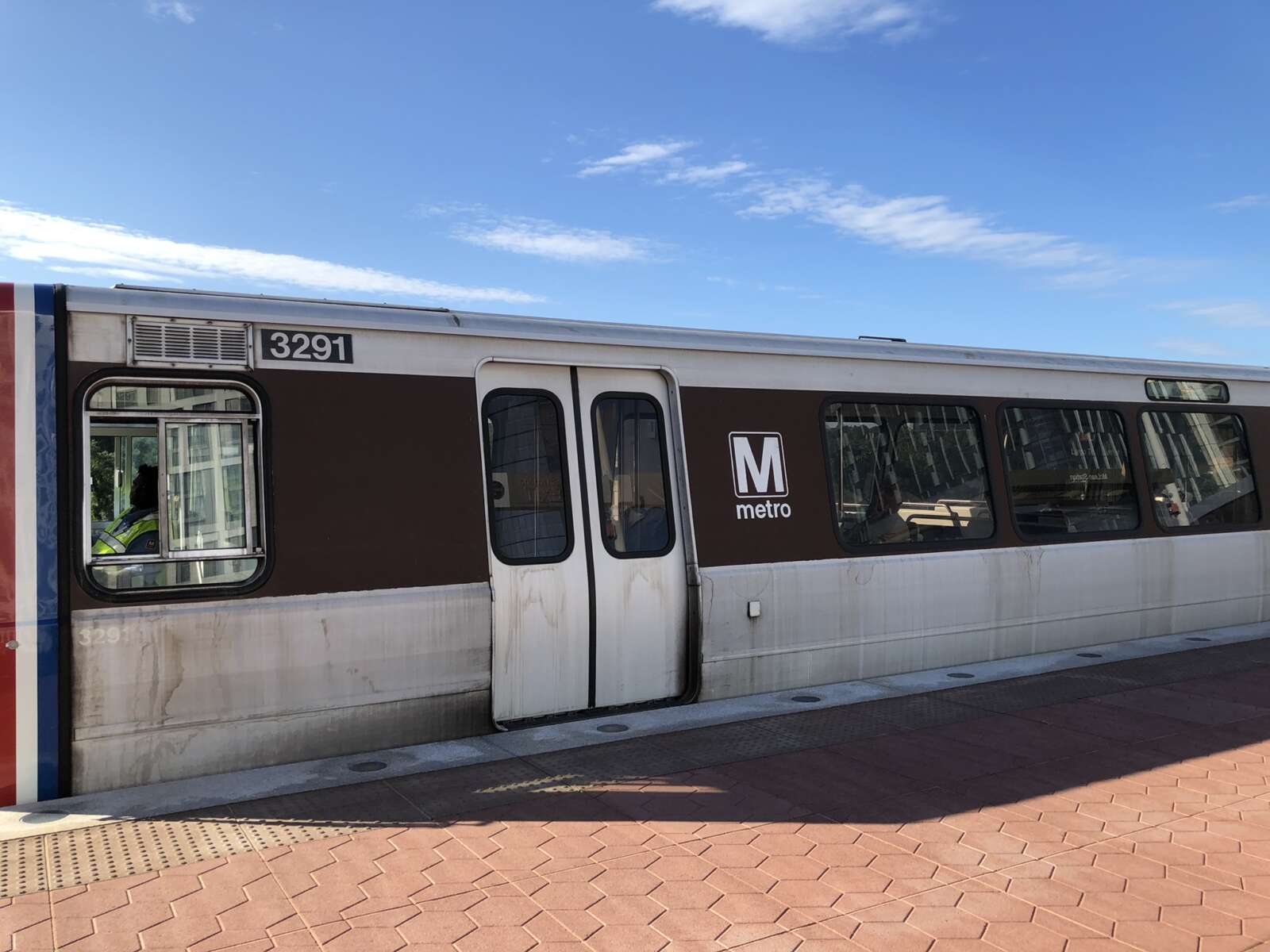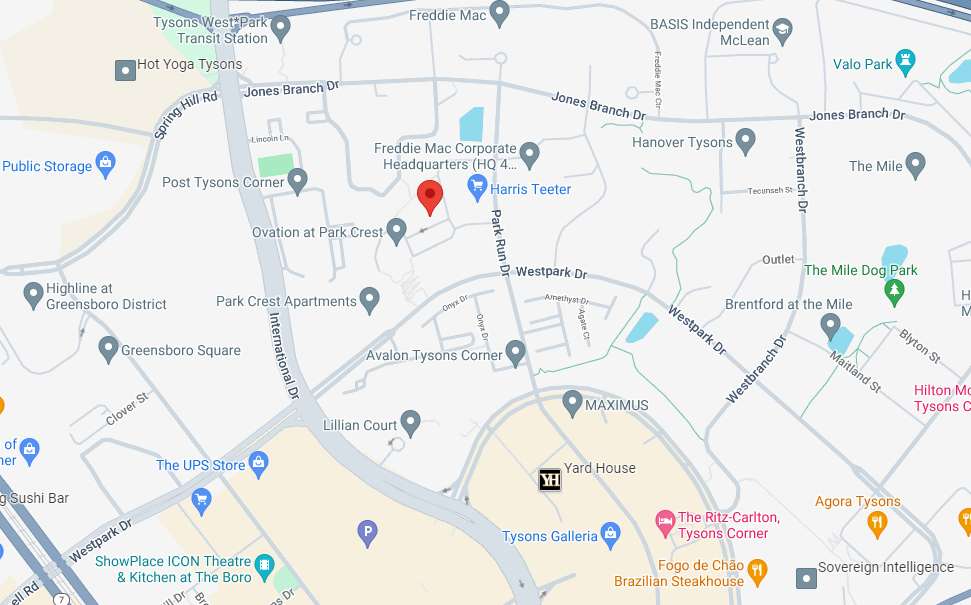This regularly-scheduled sponsored Q&A column is written by Val Sotillo, Northern Virginia-based Realtor and Falls Church resident. Please submit your questions to her via email for response in future columns. Enjoy!
Question: I’m looking to buy a remodeled home but I’m afraid of buying a bad flip and wondering if you have any tips for spotting them during showings.
Answer: Whether or not a home has been recently renovated for sale by an investor or homeowner, it’s important for you to do as much digging and inspecting as possible to verify the quality of the work and materials.
Never assume that because a home has been professionally remodeled and looks new that you do not need to perform an inspection. A home inspection is most valuable when buying a flipped property because you’re paying a premium for it being/appearing new.
However, inspections take place after entering into a purchase agreement and cost money, so I’ll highlight some things you can look for before making an offer that will give you an idea of the quality of the work.
Exterior
- Driveway — Repaving a driveway is expensive and often ignored in cheap flips. Look for cracks or other damage in the driveway. If the driveway has been redone, that’s a good sign.
- Roof — You don’t need to be a roofing expert to know whether a roof looks to be old and damaged or in new or good condition.
- Downspouts — You want to see water runoff extending away from the home by 8-10 ft. Not being dropped right next to it, which is often overlooked by inexperienced or cheap investors.
- Lawn — Grass takes time and money to look good so if the lawn is in good condition, that’s a great sign.
- Windows — Windows are very expensive and you can tell a lot about an investor by the windows they install. Are they good quality? Did they replace none, some or all of them? Do they have a warranty?
Interior
- Floor Plan — Did the investor make decisions that leave you scratching your head like a shortage of kitchen cabinets, awkward toilet placement or tiny clothes closets? It’s not easy to redesign a floor plan and novice remodelers almost always make mistakes.
- Plumbing — Turning on faucets will also signal if there are issues with the water pressure, or in some cases, if the hardware hasn’t been hooked up to a water source at all.
- Look Under the Cabinets — House flippers often focus on the cosmetic appeal of the home rather than the functionality. Look under the kitchen sink. If you see that the drain lines, disposal and wiring have been spray painted, it’s a sign the flipper or contractor is covering up a dated disposal.
- Electrical — Look at the inside of the panel door to see if it’s been labeled and if there is a signed/finalized permit sticker.
- Furnace — Does the exhaust pipe have a constant positive pitch leaving the unit until it reaches the exterior (note: this should also be the case on a gas water heater)?
- Door Frames/Shoe Molding — Are the frames around the doors and shoe molding along the floor new or painted over? New frames/molding looks clean and smooth while originals with paint over top look clumpy and damaged. If it’s original frames/molding, you might be looking at a quick, cheap flip.
Other
- In Virginia, sellers are not obligated to provide detailed property disclosures, but you can still ask the current owners for a written, detailed report of all the changes they’ve made to the property.
- Receipts — Try to confirm who did the work. Are they licensed, bonded and insured? Don’t be afraid to talk to the contractors who did the work and see how much they’re willing to share about the materials and crew they used.
- Days Since Last Sale — Look up how much time has lapsed between the investor’s purchase of the property and the completion of the remodel. The timing of the work should align with what the seller is claiming to have done and the time it takes to get the permits.
Check this link for a list of renovations and additions that need a permit in Fairfax County.
Permits can be searched at this link which allows you to search the full permit history of any home in Fairfax so make sure you check whether permits were issued and whether permits were finalized.
Also, you can have electrical, plumbing, HVAC, roof and/or structural inspections if you have concerns over the quality of the work after doing your general inspection and they cost $150-$300 each. Sounds a lot less expensive buying a home with hidden issues, even if you end up spending the money just to realize you need to walk away from the deal.
The term “flip” carries a negative connotation, but regardless of what you call a house that has been remodeled/updated for purposes of resale, it can be a great opportunity to get many of the benefits of a new home, without the price tag of new construction or burden of doing the work yourself.
If you’d like a question answered in my weekly column, please send an email to [email protected]. I hope to hear from you soon!
Val Sotillo is a licensed Realtor in Virginia, Washington D.C., and Maryland with Real Living At Home, 2420 Wilson Blvd #101 Arlington, VA 22201, 703-390-9460.






